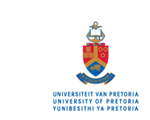- Details
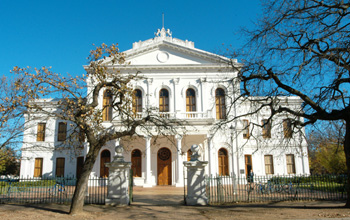
The Organisers of the Stellenbosch Annual Seminar on Constitutionalism in Africa (SASCA) are pleased to announce the call for papers for the Eighth Stellenbosch Annual Seminar on Constitutionalism in Africa (SASCA 2020) which will be held in Stellenbosch (South Africa) from Monday 21 September to Wednesday 23 September 2020. SASCA 2020 will be jointly organised by the Institute for International and Comparative Law in Africa (ICLA) of the Faculty of Law, University of Pretoria, the South African Research Chair in Multilevel Government, Law and Development (SARChI) at the Dullah Omar Institute, University of the Western Cape, and the Stellenbosch Institute for Advanced Study (STIAS).
- Details
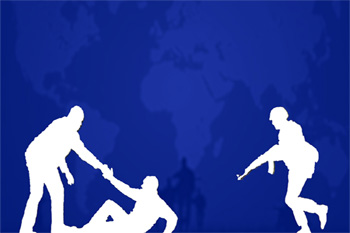
Pretoria, 28 January - 06 February 2020
The Pretoria Regional Delegation of the International Committee of the Red Cross together with the Institute for International and Comparative Law in Africa and the Centre for Human Rights of the University of Pretoria will be presenting the seventeenth All Africa Course on International Humanitarian Law between 28 January and 06 February 2020.
- Details
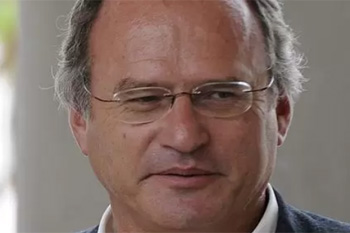
Original post: https://www.iol.co.za
Pretoria - The UN is in the process of developing a restatement of the legal rules on how demonstrations are to be handled. Prof Christof Heyns from the University of Pretoria’s law faculty, who is also a member of the UN Human Rights Committee, has been appointed to lead this process.
- Details
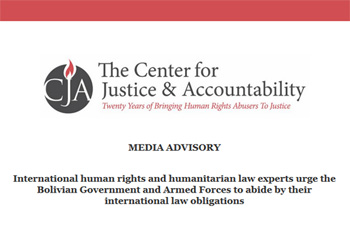
San Francisco, CA, and Cambridge, MA (November 26, 2019) -- Today, experts in international law urged the Bolivian Government to abide by its international legal obligations to protect the freedom of assembly and prohibit the excessive use of force against civilian protesters. In a statement signed by a former president and a former executive secretary of the Inter-American Commission, two former and the current UN Special Rapporteurs on Extrajudicial, Summary or Arbitrary Executions, two former UN Special Rapporteurs on Torture and Other Cruel, Inhuman and Degrading Conditions, as well as leading scholars in international law, the experts made clear what the Bolivian Government’s obligations are under international law.
- Details

With the advent of the fourth industrial revolution, a plethora of technological innovations has changed the way we live and work. This innovation is also seeing new ways that wars will be fought. The soldiers won't be humans, but robots. A new generation of autonomous weapons or "killer robots" could dramatically change military drone technology. Joining us is Dr. Thompson Chengeta, a Human Rights Law expert to give us a perspective on why we should be concerned in Africa about these autonomous weapons
